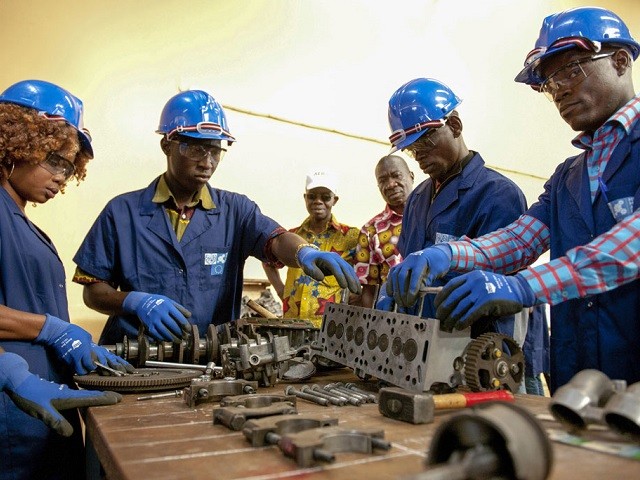
4 key SME trends that will drive job creation
March 27th, 2019 – For the African continent, the SME sector is critical: according to World Bank data, SMEs contribute up to 60% of all employment and as much as 40% of all GDP in emerging economies.
In fact, SMEs are expected to create four out of every five new jobs over the next 15 years, and will play a leading role in creating the estimated 600 million new jobs required to absorb the growing emerging market workforce.
This is especially important in light of International Monetary Fund figures: by 2035, the number of Africans joining the working age population will exceed that of the rest of the world combined.
In South Africa, despite the prominence of the SME sector in government plans to ease the burden of unemployment and stimulate economic growth, recent statistics suggest the SME sector must be revitalised.
A research study by the Small Business Institute found that there are only a quarter of a million formal SMEs in the country, with millions of smaller survivalist businesses that don’t create additional employment opportunities.
Part of this can be ascribed to the country’s more established infrastructure: there are many established businesses servicing industries that are not prevalent in East and West Africa, making it more attractive for risk-averse local innovators to first spend time in the corporate sector until there’s a clear path to entrepreneurial success.
A study by the Central Bank of Kenya in 2017 found that SMEs account for 98% of all businesses in Kenya and create 30% of all jobs. Kenya’s GDP growth – which reached 6.4% in 2017 – is strongly driven by SMEs which contributed 3% of that growth.
However, regulatory challenges and lack of access to finance – the most common obstacle to SME growth in all African regions – holds back the sector’s ability to contribute an even greater share of GDP, job creation and economic upliftment.
According to the Small and Medium Enterprises Development Agency of Nigeria’s last broad survey, there are more than 70 000 SMEs in the country. However, pervasive challenges around funding, poor infrastructure, restrictive policies and obsolete technology is holding back the growth of this sector in Africa’s largest economy.
What lies in store for this critical sector in the year ahead?
Several key trends will support an uptick in the SME sector across Africa by enabling improved entrepreneurial activity and unlocking greater opportunity for innovation.
More…https://www.fin24.com/Opinion/4-key-sme-trends-that-will-drive-job-creation-20190327-2
Written by FIN24
Related Post
Micro and small businesses can act...
In an international context where conflicts have reached their highest level since the Second World War, what role can micro, small, and med...
Celebrating Women Entrepreneurs: Key Insights from...
According to the GEM 2024/2025 Global Report entitled Entrepreneurship Reality Check, far too many women entrepreneurs are still seen by nat...
SME Digitalisation to manage shocks and...
Although uptake of digital practices by SMEs continues to increase, so too has the “digital gap” with larger firms. Understanding the dr...




